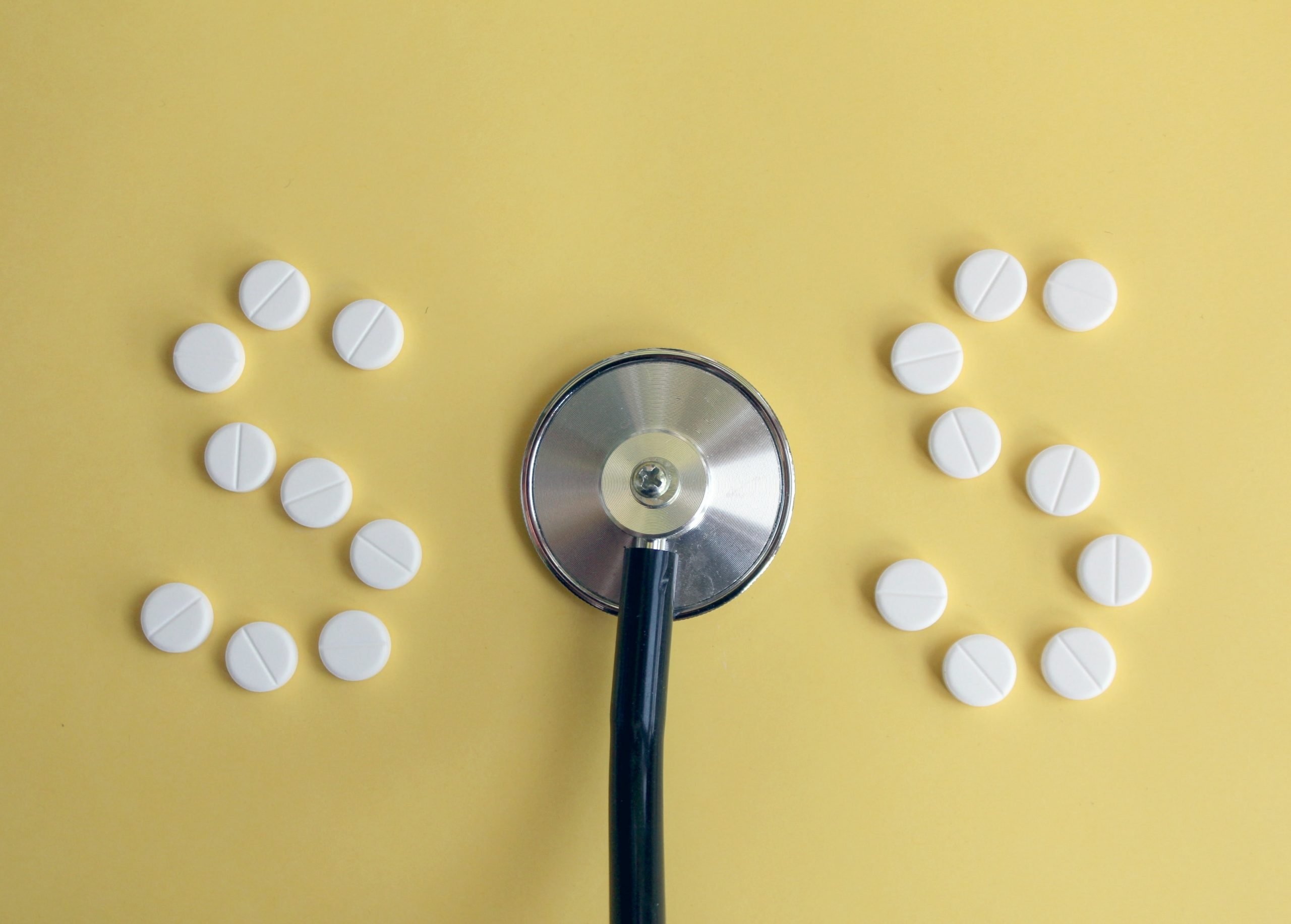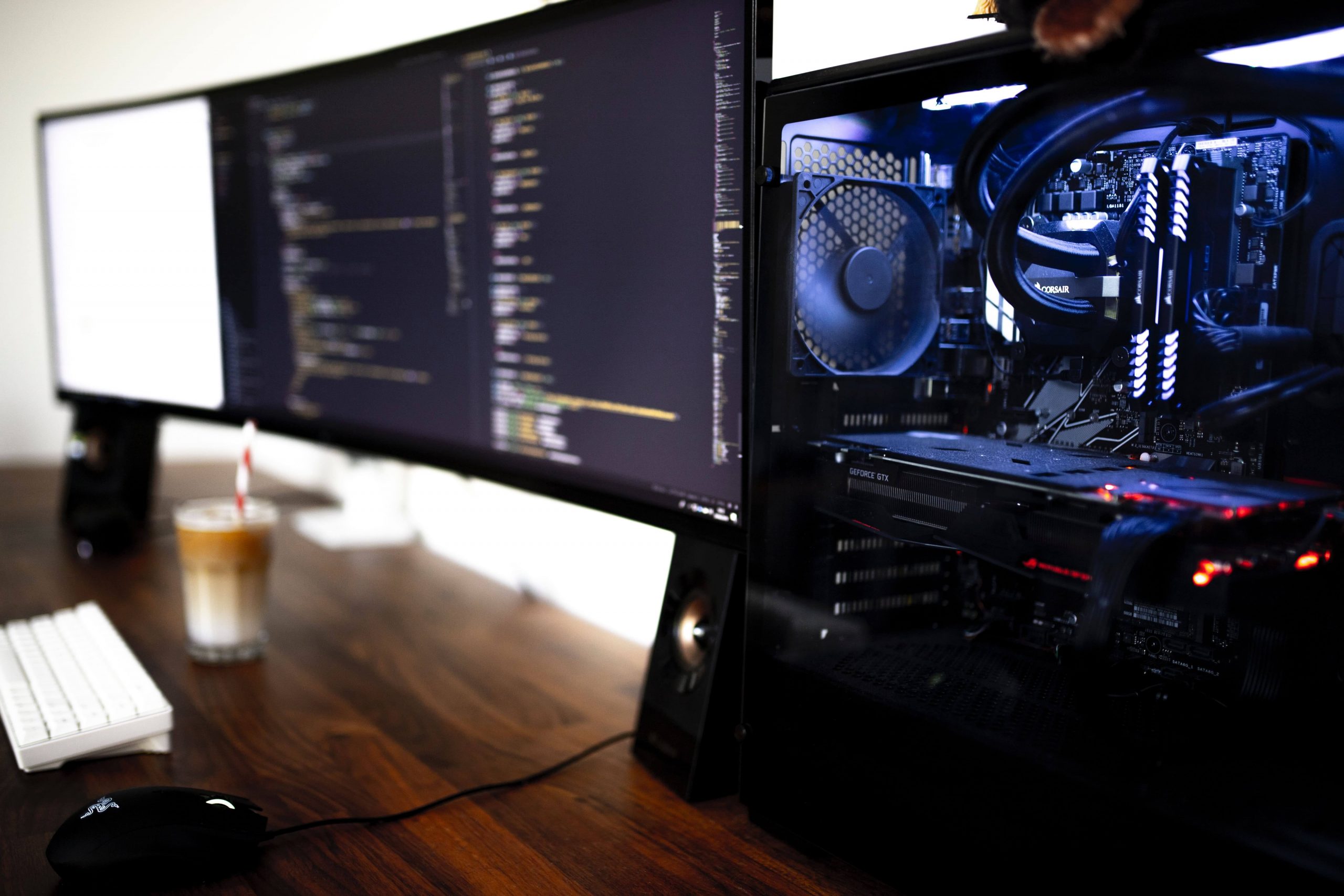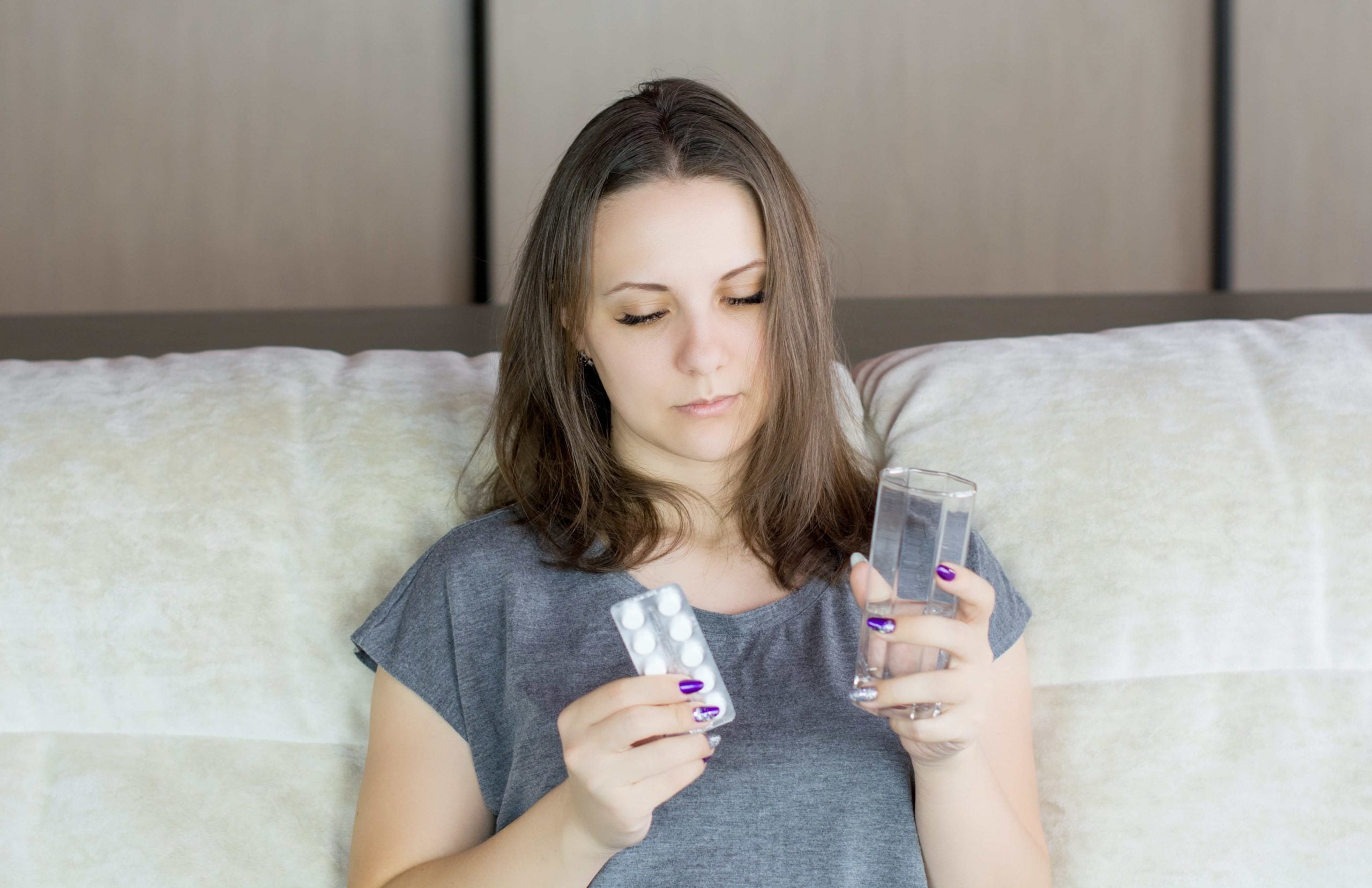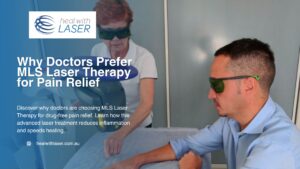The most common symptom of GERD is heartburn. It feels like a burning chest pain that starts behind your breastbone and moves upward into your neck and throat. GERD can lead to complications such as esophageal squamous cell carcinoma (ESCC) or Barrett’s esophagus (BE). The primary treatment for GERD is lifestyle modification and proton pump inhibitors.
Medications
Many people experience symptom relief and mucosal healing through medications that reduce stomach acid. The most commonly used medication is proton pump inhibitors (PPIs), which block the enzyme responsible for secreting stomach acid. Other medications include histamine receptor blockers and alginates, antacid combinations, potassium competitive acid neutralizers, and prokinetic agents.
Typically, patients with typical symptoms and an effective response to empiric PPI therapy receive a presumptive diagnosis of GERD. However, atypical or alarm symptoms and lack of response to empiric therapy should prompt further evaluation with endoscopy and pH-impedance testing,4.
In most cases, symptom control can be achieved by combining lifestyle changes and medications for GERD. However, experts in GERD treatment Denver emphasized that weight loss, avoiding trigger foods, adequate sleep and physical activity, and modifying eating habits can help minimize reflux and heartburn symptoms.
Lifestyle Changes
The right lifestyle changes can reduce GERD symptoms and lessen the damage to your esophagus from reflux. These lifestyle changes include eating smaller meals, avoiding foods and drinks that trigger acid reflux, and not sleeping on your stomach. It’s also essential to stop smoking and avoid secondhand smoke.
Eating slowly helps you chew your food more thoroughly, exposing your food to more saliva, which aids digestion. You should also avoid foods known to cause acid reflux, such as chocolate, caffeine, fried or fatty foods, peppermint, and carbonated beverages. You should also avoid tight-fitting clothing because it can pressure your abdomen and lower esophageal sphincter.
If your GERD symptoms persist, you may need a test called esophageal manometry, which measures the movement of liquid in your esophagus. This can help your doctor determine whether your esophageal sphincter is working properly or whether there are motility problems in your GI tract that make it difficult to swallow.
Endoscopic Procedures
While antisecretory medications remain the cornerstone of GERD treatment, many patients struggle with medication adherence or have refractory symptoms. The long-term use of PPIs is associated with a range of adverse events such as dementia, chronic renal disease, malabsorption, and Clostridium difficile infection.
GERD is caused by a dysfunction of the lower esophageal sphincter (LES) that allows acid to escape from the stomach into the esophagus. Normally, this “valve” relaxes only in response to swallowing; however, in many patients with GERD, the LES relaxes spontaneously and unintentionally, allowing gastric content reflux into the esophagus.
To prevent reflux, the first-line approach recommends lifestyle changes such as weight loss, elevating the head of the bed while sleeping, and avoiding consuming food within 3 hours before sleep. In addition, antacids, histamine-2 receptor blockers, and proton pump inhibitors should be offered. Instrumental tests such as barium contrast radiography, pH-impedance analysis, and endoscopy should be considered when a patient does not respond to standard medical therapy.
Surgery
While over-the-counter and prescription acid-reducing medications can mask GERD symptoms, they do not cure the disease. Over time, refluxed stomach acid can damage the lining of the esophagus.
Surgery to repair the valve between the stomach and esophagus can help prevent this damage and reduce or eliminate GERD symptoms. Guthrie surgeons perform a procedure called fundoplication, in which the top portion of your stomach is wrapped around your esophagus to reconstruct the function of the weakened valve.
Patients with mild GERD symptoms may improve their condition by eating smaller meals, avoiding foods and drinks that trigger heartburn, and not lying down immediately after eating. Some people find relief by elevating the head of their bed six to eight inches, which helps keep the stomach lower than the esophagus.

















